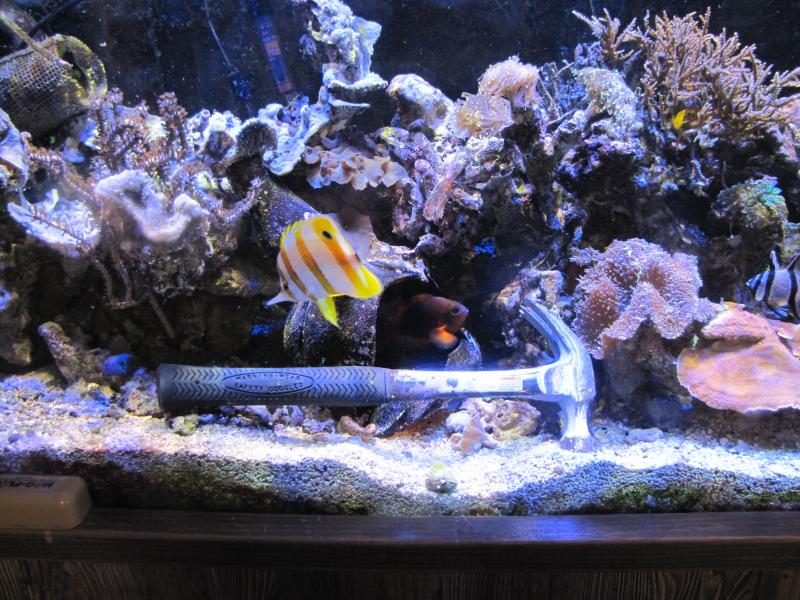Randy Holmes-Farley
Reef Chemist
View Badges
Staff member
Super Moderator
Excellence Award
Expert Contributor
Article Contributor
R2R Research
My Tank Thread
- Joined
- Sep 5, 2014
- Messages
- 67,503
- Reaction score
- 63,901
Does running activated carbon eliminate contaminants such as pesticides, smoke, etc?
It can help reduce organic molecules, depending on what specifically the molecule is, but it doesn't necessarily eliminate them.


















